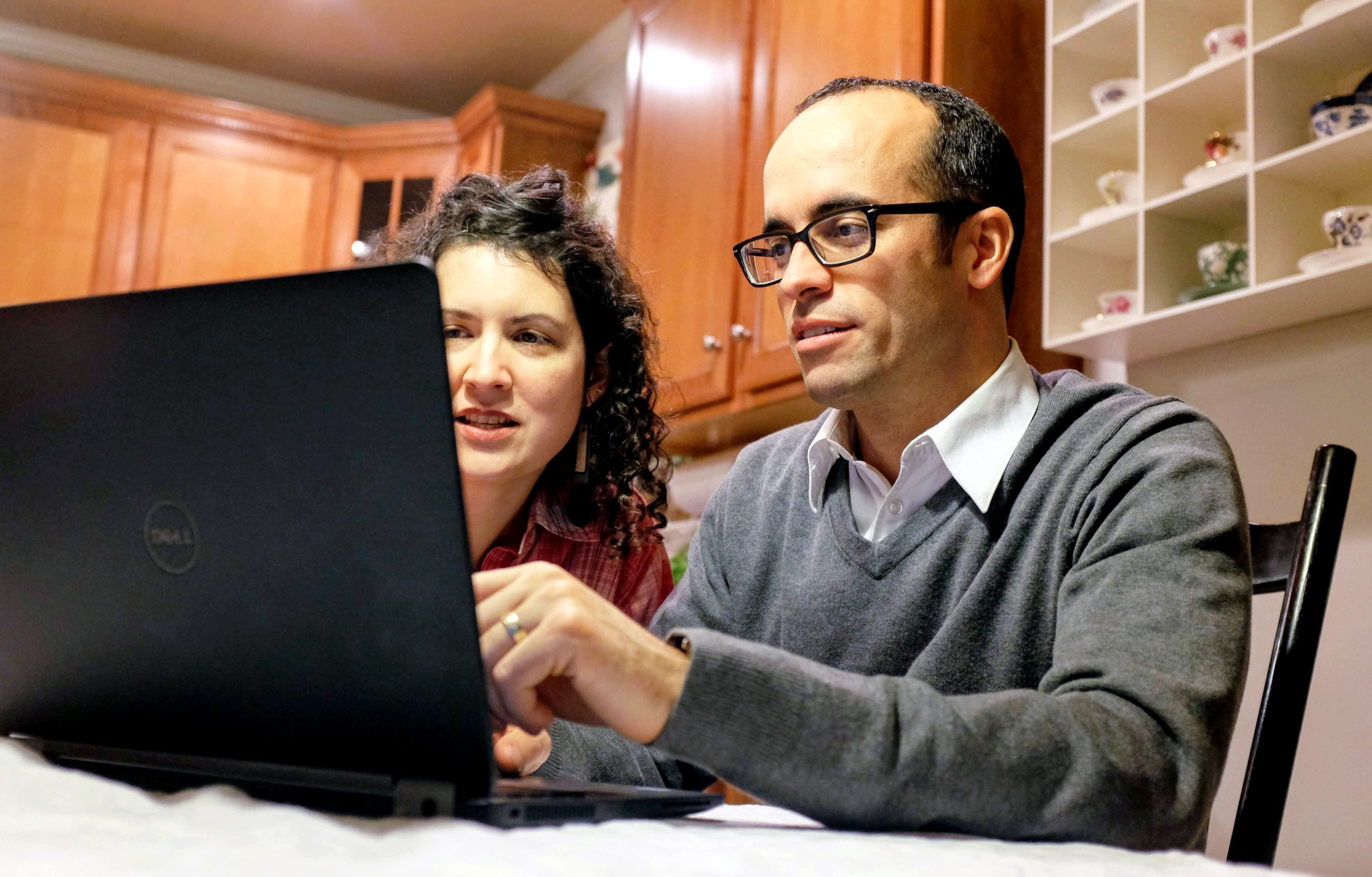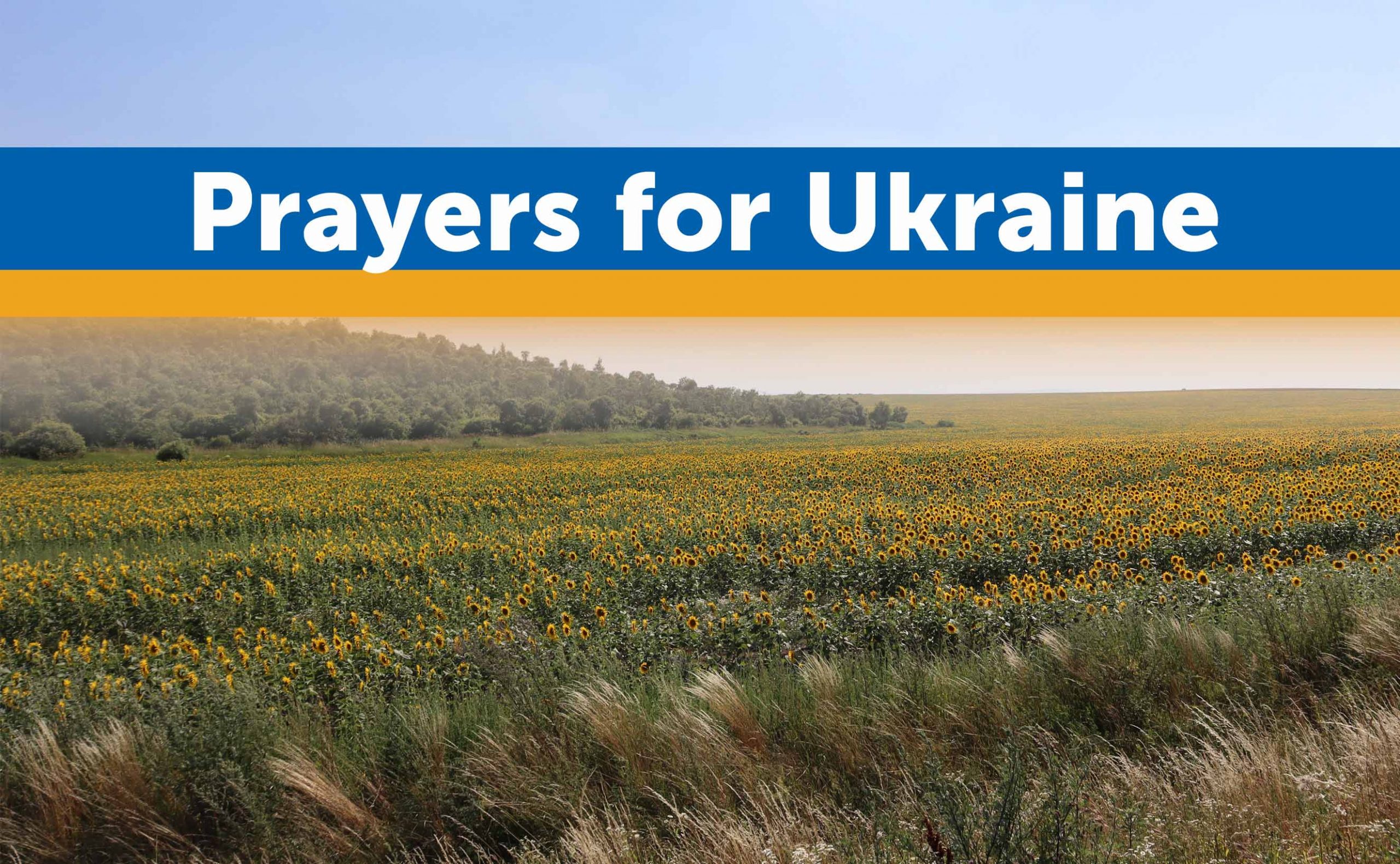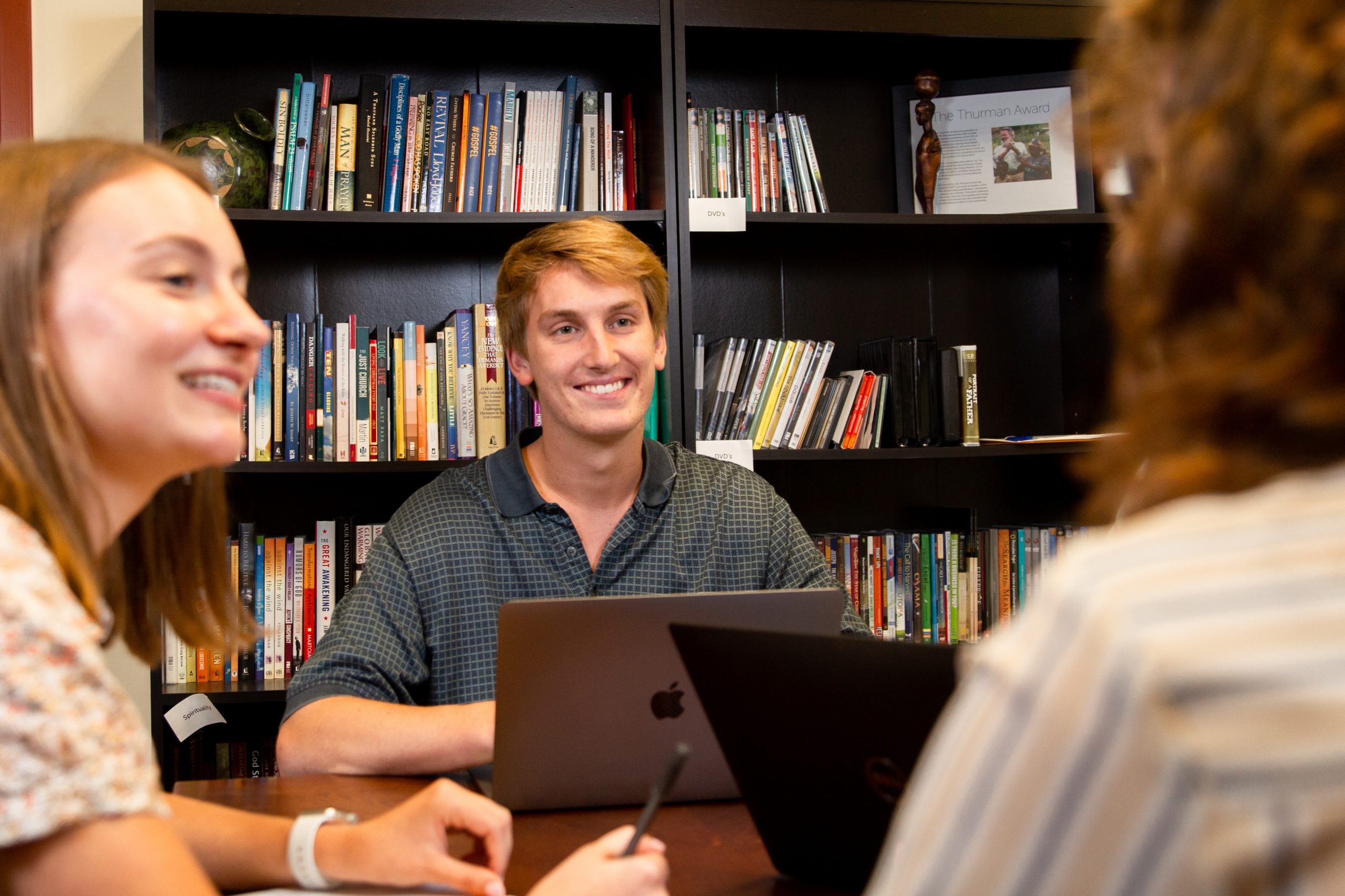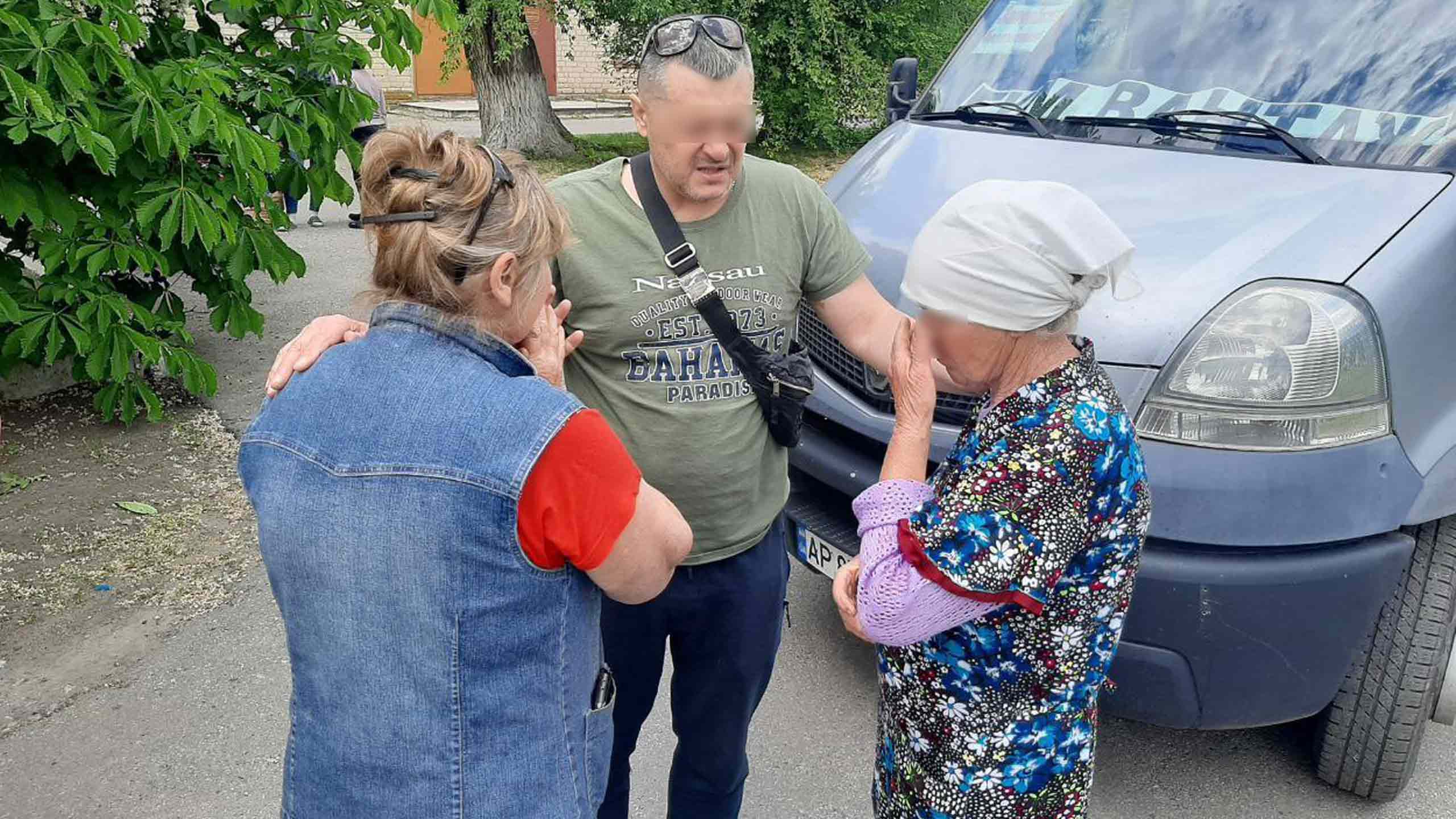by Jesse Casler, Chief Operations Officer
December and Christmas are usually when we think of generosity in charitable giving. In this season, we’re encouraged to turn our attention toward others and share the blessings we’ve received that year. For many, end-of-year giving to nonprofits is also incentivized by tax planning, which results in incredible sums of money donated in the last few days of the year.
In this conflicting storm of consumerism and altruism, we’re inundated with so many messages, each vying for our attention and, ultimately, our money. So, at the start of the year, the last thing we want to think about is spending more or giving away anything. But, if we want to be good stewards of what God has given us, if we’re seeking to use our resources for maximum Kingdom impact, we have to talk about generosity before and after December. Continue Reading…






















